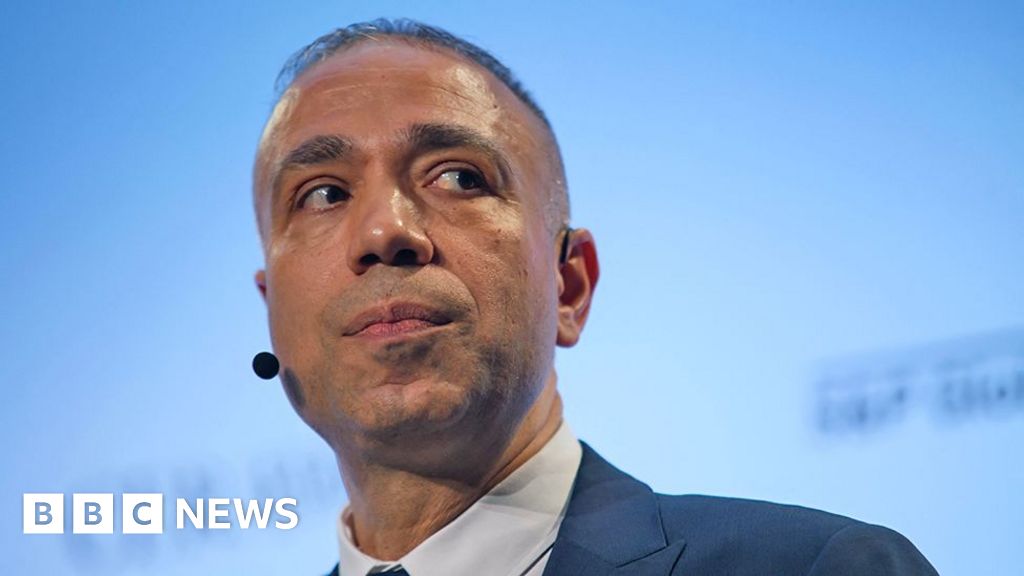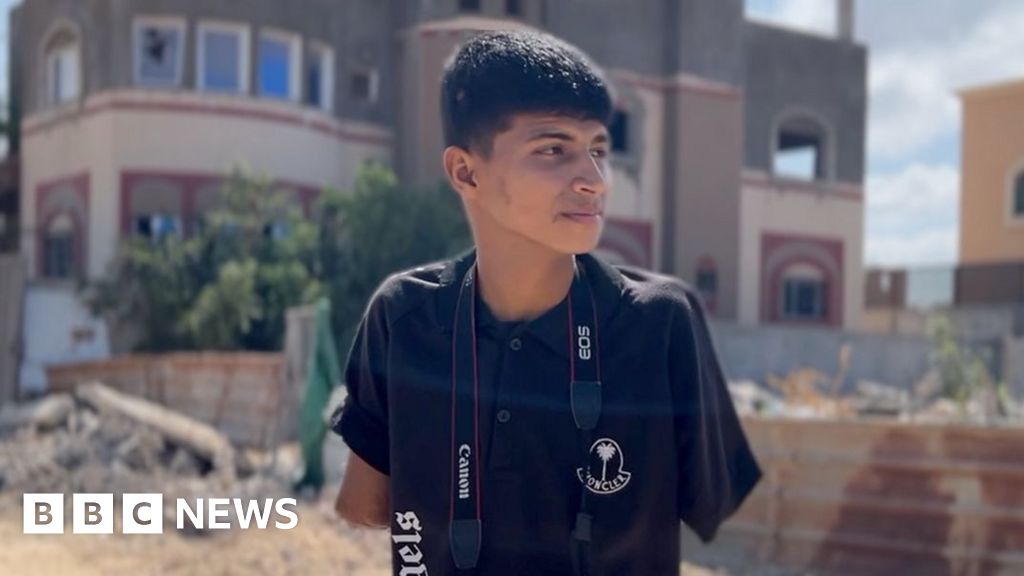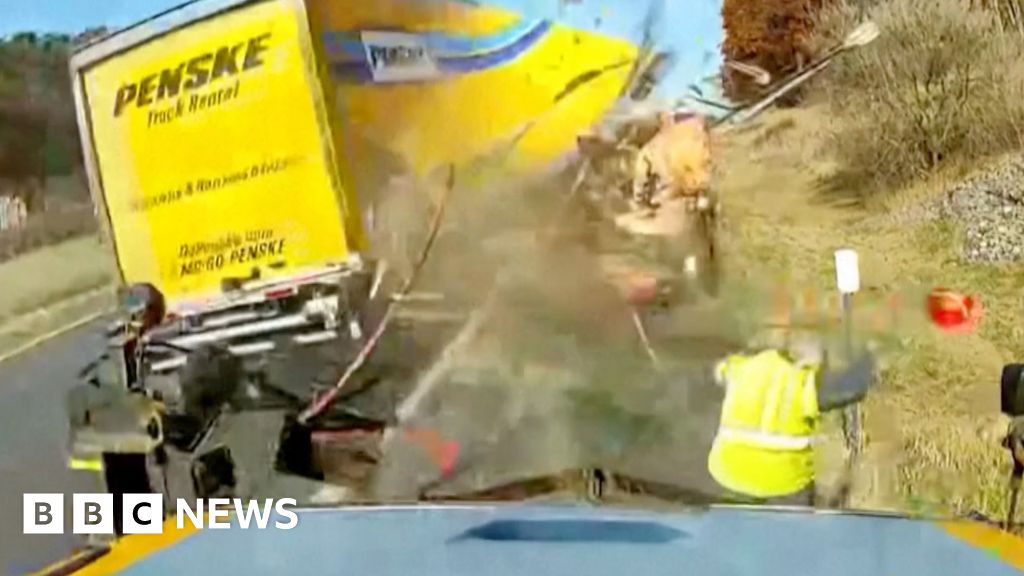ARTICLE AD BOX
US drone crash inevitable, Ukraine minister tells BBC
By James Landale in Kyiv & Thomas Mackintosh in London
BBC News
Incidents such as the downing of a US drone over the Black Sea are inevitable until Russia leaves Crimea, Ukraine's foreign minister has told the BBC.
The large, MQ-9 Reaper drone plunged into water on Tuesday. The US and Russia have conflicting explanations.
The US said it brought down the damaged drone after it became "unflyable" when a Russian jet clipped its propeller.
But Ukraine's Foreign Minister Dmytro Kuleba said he did not expect any diplomatic escalation.
Describing it as a "routine incident", Mr Kuleba told the BBC: "As long as Russia controls Crimea, these kinds of incidents will be inevitable and the Black Sea will not be a safe place.
"So the only way to prevent such incidents is actually to kick Russia out of Crimea."
The key question is whether the encounter was an attempt by Russia to disrupt the US drone - or whether it was a deliberate attempt to bring it down.
US military officials said the incident happened on Tuesday morning and the confrontation lasted around 30-40 minutes.
Several times before the collision, the Russian jets dumped fuel on the drone in a "reckless, environmentally unsound and unprofessional manner", the US said in a statement on Tuesday.
Pentagon spokesman Brig Gen Pat Ryder told reporters the drone was "unflyable and uncontrollable so we brought it down", adding the collision also likely damaged the Russian aircraft.
Russia has denied its two Su-27 fighter jets made any contact with the US drone.
Russia's defence ministry said the drone crashed after a "sharp manoeuvre", and that it was flying with its transponders (communication devices) turned off.
Tensions have risen over the Black Sea ever since Russia's annexation of nearby Crimea in 2014.
And since Russia's full-scale invasion of Ukraine, the US and the UK have stepped up surveillance flights, though always operating in international airspace.
Image source, Getty Images
Image caption,Reaper drones are surveillance aircraft with a 20m (66ft) wingspan
The BBC asked Mr Kuleba if, following the drone incident, the US and other allies might become more cautious.
"If the West wants to demonstrate its weakness, it should certainly demonstrate its cautiousness after an incident like this, but I don't have a feeling that this is the mood in capitals," he replied.
"The mood is not to escalate but nor is the mood to lean under the pressure - the physical or rhetorical pressure - of Russia."
US Defence Secretary Lloyd Austin vowed the military would "continue to fly and operate" wherever international law allows.
He told the Ukraine contact group: "It is incumbent upon Russia to operate its aircraft in a safe and professional manner."
After being summoned to speak to officials in Washington, Russian ambassador Anatoly Antonov said Moscow saw the drone incident as "a provocation".
From the Kremlin's point of view Mr Antonov added: "The unacceptable activity of the US military in the close proximity to our borders is a cause for concern."
On Wednesday, Kremlin spokesman Dmitry Peskov reporters there has been no high-level contact between Moscow and Washington over the incident.
But he said Russia would never refuse to engage in constructive dialogue.

 1 year ago
16
1 year ago
16








 English (US)
English (US)